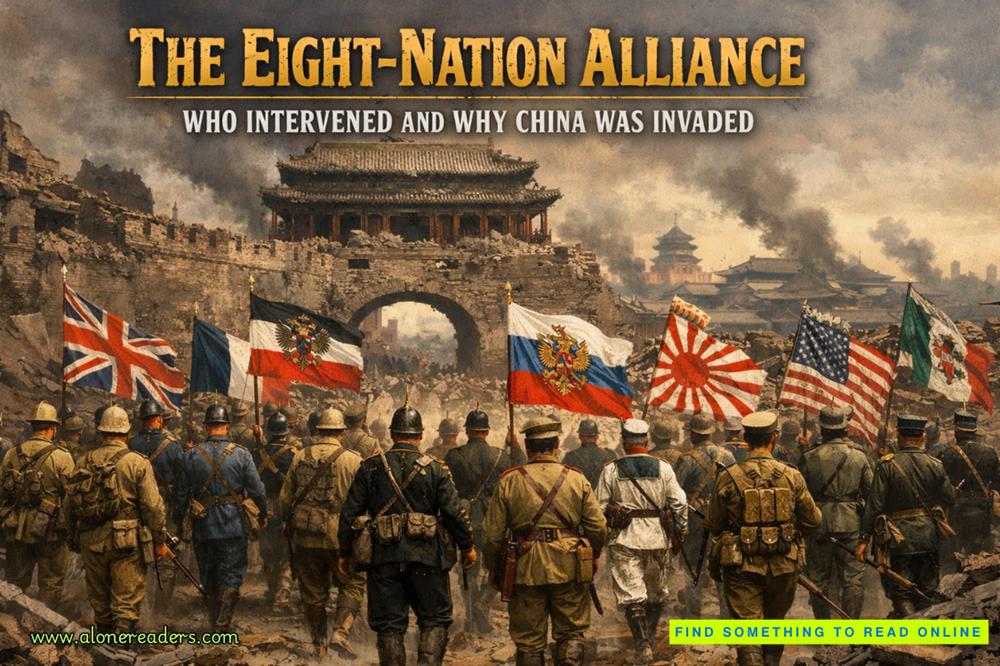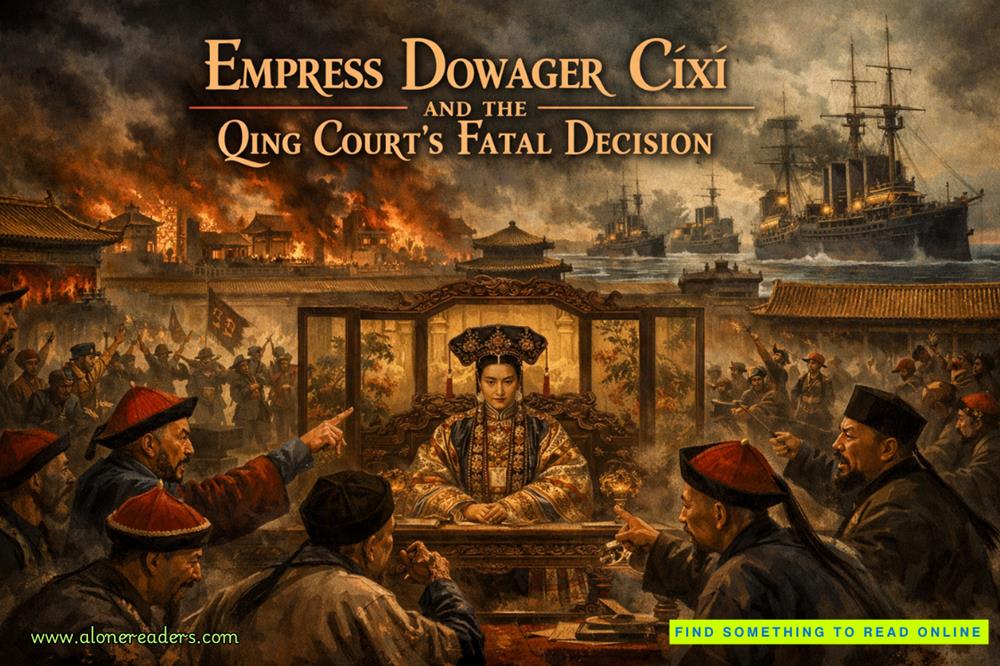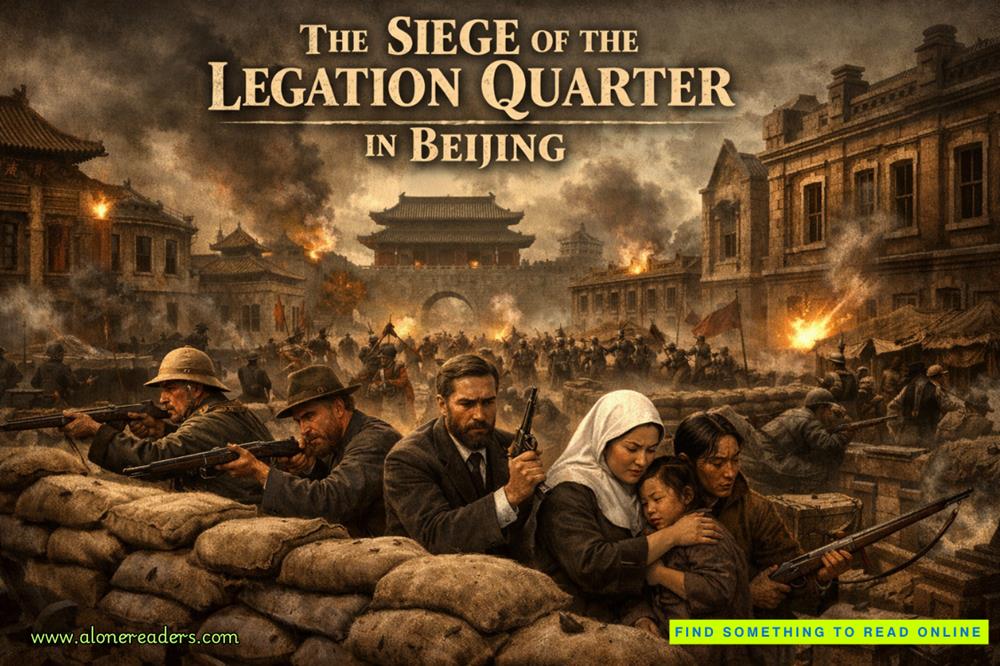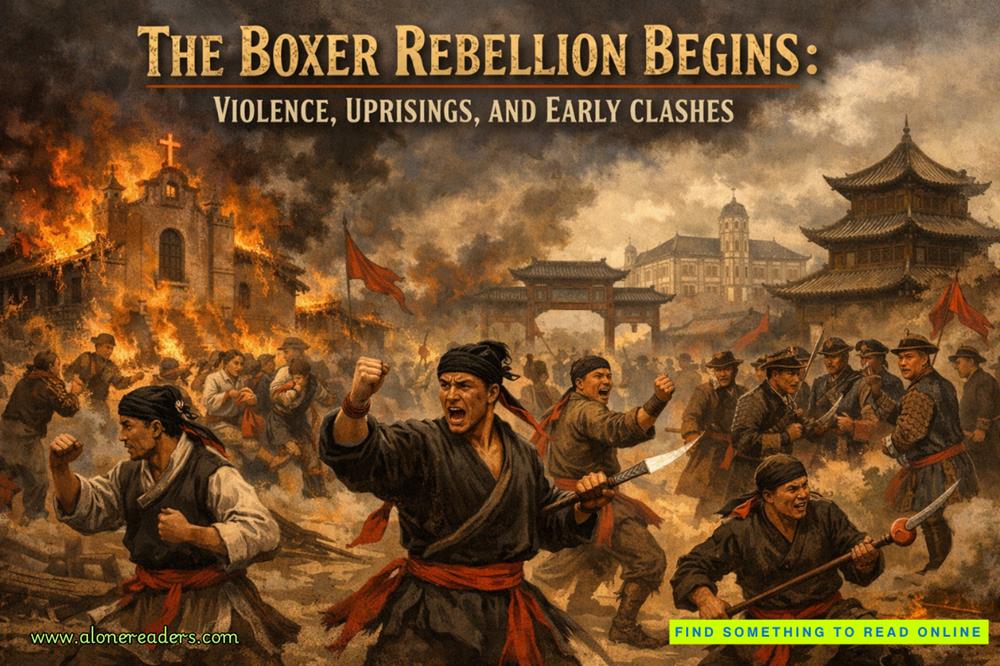House after house stood on stilts, balconies draped in bunting, underbellies stacked with kayaks and bikes and the kind of things you bought when you were sure the ocean would always stop where you wanted it to.
“Two feet of scarp in places,” Owen said, scanning. “Three where the fence failed.”
I crouched, dug my fingers into the sand, and pulled out a broken slat. “We should log every breach. People are going to ask why their fence didn’t save them. I’d rather give them data than sympathy.”
“Sympathy comes easier,” Owen said.
I laughed because he was right, and because it sounded like a line you could apply to men.
I set the first fluorescent flag at the toe of the scarp and tied orange tape around a post for the baseline. The tape flapped like a tongue trying to say something I wasn’t ready to hear.
The tide slapped my boots.
At one point, a man in mirrored sunglasses told me the Corps of Engineers was going to save this place with a seawall “like Miami,” as if walls were spells and we’d been saying the wrong incantation. I told him walls helped some, harmed others, and always came with consequences. He told me we’d lose tourism if we weren’t careful. I told him we’d lose houses first.
Downshore, a little girl shrieked as a wave erased the turret of her sandcastle. Her father lifted her, spinning, both of them laughing like loss was a game you could play and still win. I wanted to bottle the sound and hand it out at public meetings.You won’t always get to rebuild in place. I could say it a hundred ways with charts and model runs, and none of them felt as honest as a turret dissolving under a single, ordinary wave.
We worked the line. Owen flew the drone, its hum a small insect against the rush of surf and wind. I walked and marked, measured and photographed, the labor soothing in its repetition. A woman in a high-cut bathing suit paused to ask if her house would be “okay,” as if okay were a category you could enter with a credit card and a prayer.
I gave her my card and the script I kept for moments like this. “We’re mapping active erosion zones today,” I explained. “What we’re seeing here is king tide plus wind forcing. Itdoesn’t mean your house is going to collapse tomorrow, but it tells us about near-term risk—and how the next storm might behave. The city’s working on a suite of measures, structural and nonstructural.”
She blinked. “Nonstructural?”
“Policy,” I said. “Buyouts. Elevations. Restrictions.”
Her mouth pinched at the last word. People always got hungry on the first three and went cold at the fourth.
“So, you’re the one who wants to tell us where we can live,” she said.
“I’m the one who wants to make sure you’re alive to argue with me,” I replied.
She stared another beat. “I remember your granddaddy,” she said finally. “Mayor Butch Kennedy, right? He came to my third-grade class and told us Charleston’s soul was in its houses.”
“Yes. Sounds like something he’d say,” I answered, a little warmth in my voice I didn’t mean to show. “He loves this city.”
“People listen to men like him,” she said.
People listen tomen.
She didn’t mean it like that. Maybe she did. Maybe we all did.
“Careful, Nat,” Owen called from downshore. “Sneaky set.”
I lifted my head just as the ocean leapt, a line of whitewater racing with a speed it hadn’t shown all morning. I back-pedaled, the edge chasing me like it wanted me, specifically. It caught my shins, anyway, a cool slap that flooded my boots, soaked my jeans to mid-calf, and left me swearing as the water fled like it hadn’t done anything at all.
Owen trotted over, grin tucked in place. “Baptized by barometric pressure.”
“Something like that,” I said, squeezing my calves to force water out the cuff. “Make yourself useful and fly the inlet cut. If we get overwash on the back side, we’ll need to flag it.”
He nodded and headed toward Breach Inlet, the drone skimming ahead like a patient bird.
I stayed where I was and breathed, the wind yanking the hair at my neck, the taste of salt in my mouth.
My mind, traitor that it was, slid back to the morning. To the toy on my nightstand. To the truth I hated admitting. No man had ever made me come. They always looked grateful afterward, as if they’d gotten away with something.
Maybe, they had.
By noon, the sky wore the color of breath held too long. The wind changed in that small way you learn to feel if you spend enough time with it—not sharper so much as more certain.















